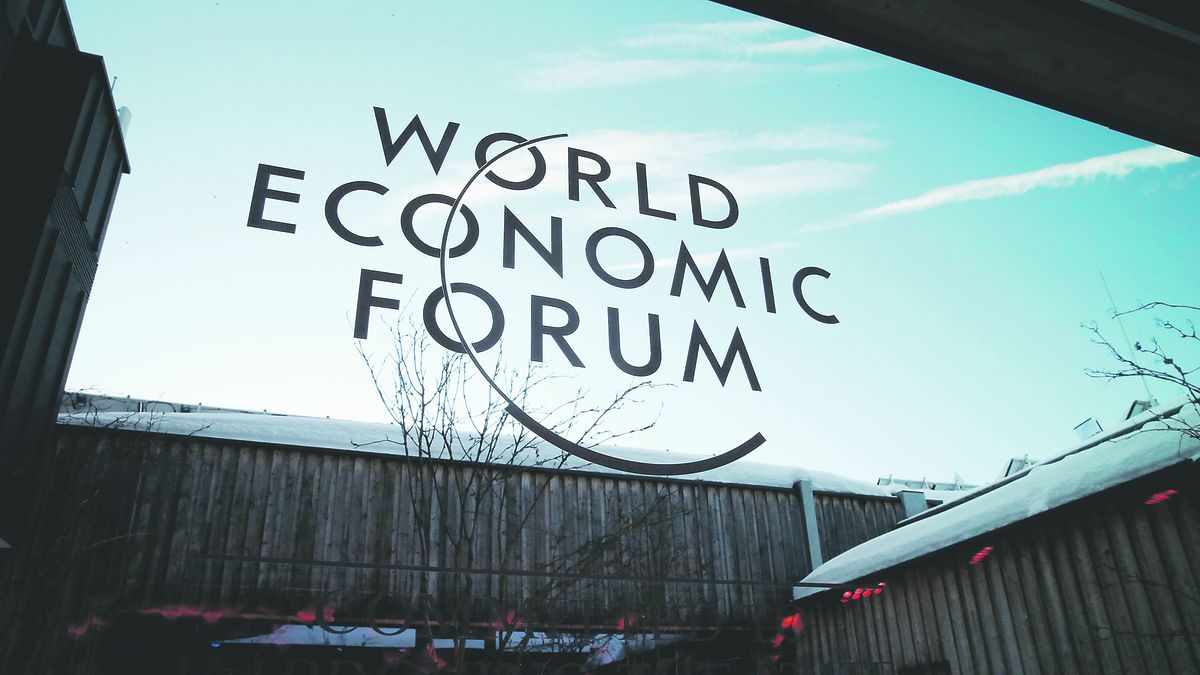This is the main challenge facing the planet in the next two years, according to those surveyed by the Davos Forum. The cost of living crisis pushes millions of people into the extreme poverty and feeds the social tensions in many regions of the planet.
For the respondents, poses a greater risk than natural disasters, extreme weather events and conflicts. “Geoeconomic tensions and conflicts have unleashed a series of deeply interconnected global risks,” says a statement launching the report. Global Risks 2023, a survey of 1,200 experts and policy makers.
Those risks include “pressures on energy and food supplies, which are expected to persist for the next two yearsand strong increases in the crisis of the cost of living and the cost of debt“due to the rise in energy prices and interest rates.
The price increases “undermine efforts to deal with other long-term threats, primarily climate change.”” and the loss of biodiversity, says the statement, published before the start of the main annual meeting of the WEF, which will be held in the Swiss ski resort of Davos. from 16 to 20 January.
Concern about the persistence of high prices is shared to such an extent that both directors of the European Central Bank as of the Federal Reserve The United States have anticipated that they will insist on rate hikes to reach their inflation targets of around 2% year-on-year.
Despite this fear due to high price pressure, various banks, such as Goldman Sachsthey revised their forecasts for a drop in activity and, at least in the European case, they no longer expect it to enter a recession in 2023.
Climate change
Although they consider that the rise in prices is the main challenge for the next 10 years, climate change adds pressure on this dynamic. One of the most tangible examples is the drought that crosses the central zone of the country, which affects the grain, meat and dairy production.
The inability to cope with climate change and the environmental degradation stand out in the ranking of main risks that the planet will face in the next decade.
“The interaction between the effects of climate change, the loss of biodiversity, food security and the consumption of natural resources is a dangerous cocktail,” he said. john scott director of sustainability risk at Zurich Insurance Group, who collaborated on the report with risk strategy group Marsh McLennan.
Drawing on responses from 1,200 private sector risk managers, public policy makers, academics and industry leaders from around the world, the report shows how current concerns about the cost of living are replaced by the risk linked to the environment as the decade progresses.
The lack of mitigation and adaptation to climate change, natural disasters, the lost of biodiversitythe loss of natural resources and the environmental damage on a large scale dominate the classification of 10 global risks considered more serious in a period of 10 years.
The conclusions of the report, drawn up ahead of the WEF’s annual summit at the Swiss station in Davos next week, come after a year in which many commitments to act on climate change have been sidelined by the energy crisis unleashed after the war in Ukraine.
This retreat occurs even as extreme weather events and other environmental pressures accelerate. Moody’s Investors Service estimated on Tuesday that linsured losses due to natural catastrophes in the last five years have increased to an average of about 100 billion dollars annually.
The WEF report raises the possibility that risks interact with each other to form a “polycrisis” or multiple crisis, which he defines as a set of risks related to aggravating effects and unforeseeable consequences. He cites great power rivalry for resources as potentially generating one of those clusters of related risks.
Other top 10 risks are the impact of involuntary migrations, social disintegration, cybercrime and economic hostilities between large trading blocswhich he considers more likely than a open military confrontation.
Source: Ambito
David William is a talented author who has made a name for himself in the world of writing. He is a professional author who writes on a wide range of topics, from general interest to opinion news. David is currently working as a writer at 24 hours worlds where he brings his unique perspective and in-depth research to his articles, making them both informative and engaging.




